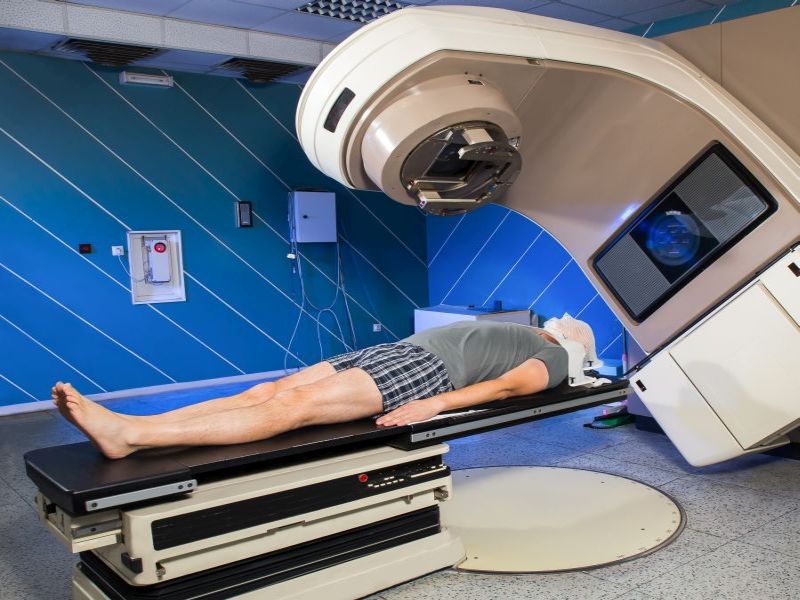Childhood Cancer Survivors Struggle With Heart Troubles

MONDAY, Aug. 26, 2019 (HealthDay News) -- The treatments that childhood cancer patients receive often save their lives, but they also make survivors prone to heart troubles, a new study finds.
For the study, researchers examined heart disease rates in nearly 7,300 childhood cancer survivors (diagnosed at an average age of 7) and a "control group" of more than 36,000 people without cancer in the province of Ontario, Canada.
Heart disease included coronary artery disease, heart rhythm problems, heart valve abnormalities, heart failure, cardiomyopathy and pericardial disease.
Even at relatively young ages, childhood cancer survivors had up to a three times higher risk of any heart problem and up to a 10 times higher risk of heart failure than those in the control group, the investigators found.
The researchers also said that childhood cancer survivors who were treated with a widely used class of chemotherapy medications called anthracyclines were much more likely to have heart disease as adults, as were survivors with diabetes, high blood pressure ("hypertension") or both.
The study was published Aug. 26 in the journal Circulation.
"While anthracycline chemotherapy may induce heart disease, many patients require this cancer treatment to survive," said senior study author Dr. Paul Nathan. He's a staff oncologist in the division of hematology/oncology at the Hospital for Sick Children, in Toronto.
"Doctors should address heart disease risk factors -- such as diabetes and hypertension -- that can be modified," Nathan said in a journal news release.
Childhood cancer survivors appear to have a higher risk of metabolic conditions, such as diabetes, high blood pressure and unhealthy levels of one or more kinds of fat in the blood. These conditions may interact with chemotherapy or radiation in a way that prematurely ages the heart, the study authors added.
"The close connections between lifestyle, metabolic disorders and cardiac disease warrant careful follow-up and monitoring of the childhood cancer survivor population," Nathan said.
More information
The American Cancer Society has more on long-term effects of childhood cancer treatment.

The news stories provided in Health News and our Health-E News Newsletter are a service of the nationally syndicated HealthDay® news and information company. Stories refer to national trends and breaking health news, and are not necessarily indicative of or always supported by our facility and providers. This information is provided for informational and educational purposes only, and is not intended to be a substitute for medical advice, diagnosis, or treatment.

